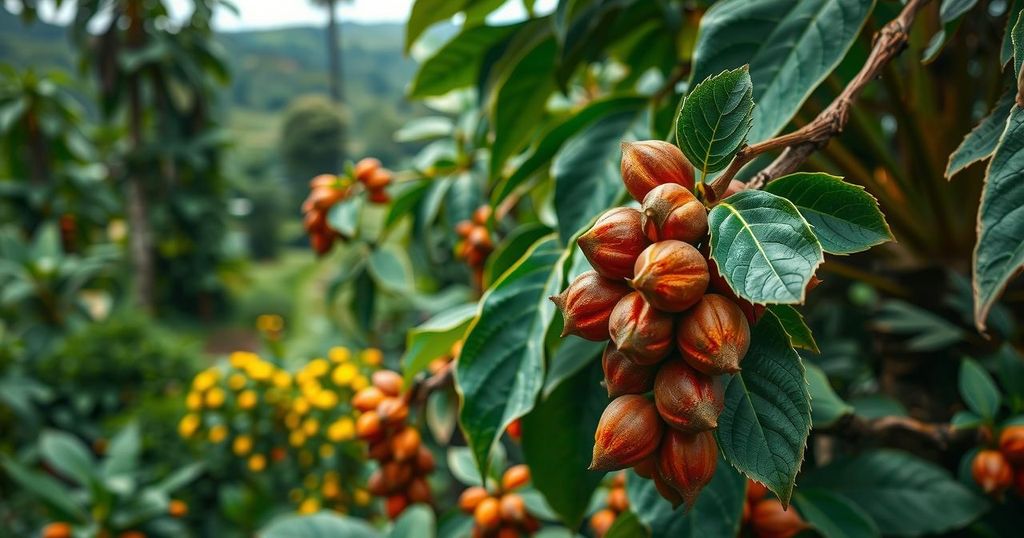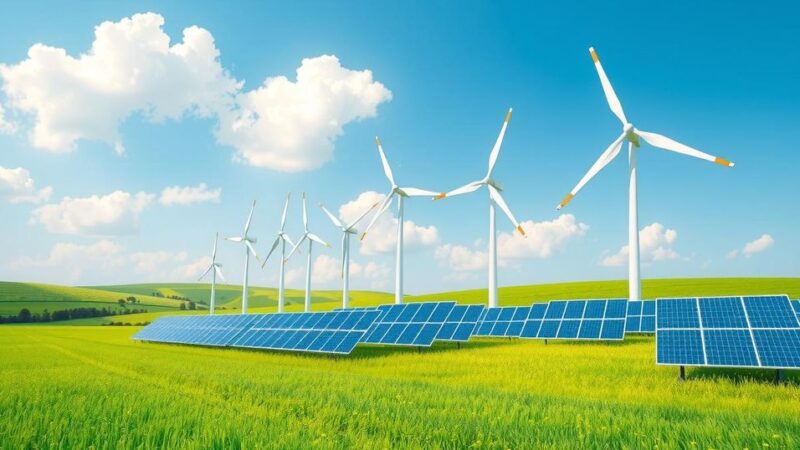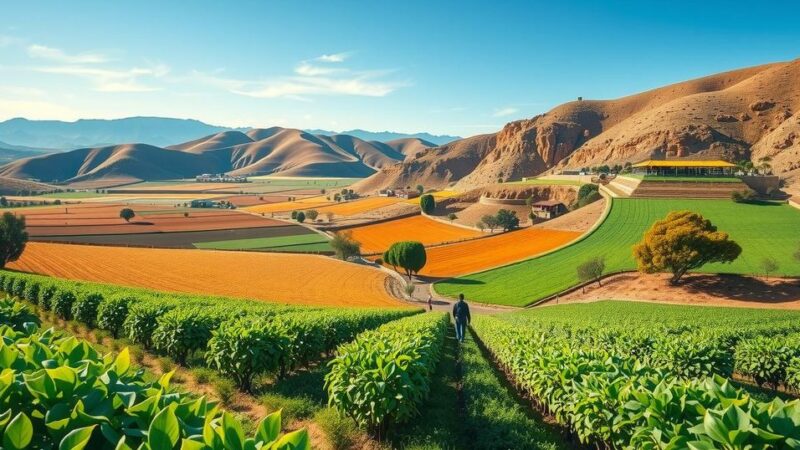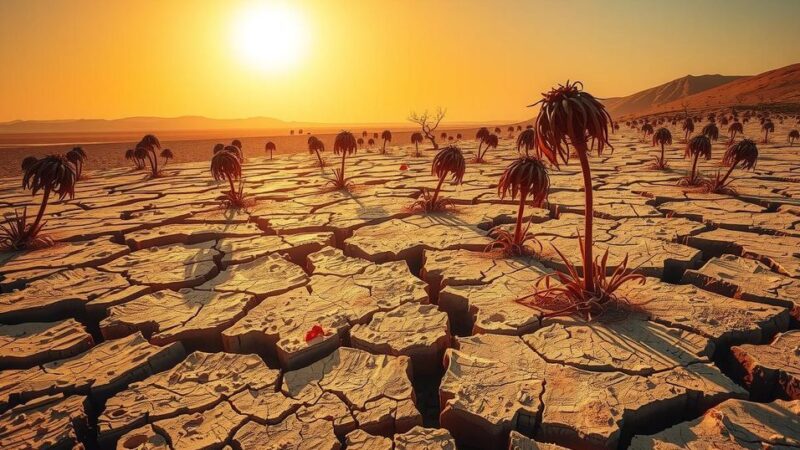Agroforestry systems integrating shade trees are crucial for sustainable cocoa farming in West Africa, particularly in the face of climate change. A study from the University of Göttingen reveals that the seasonal variations of shade trees’ leaves significantly affect cocoa productivity and resilience. This research offers practical guidelines for selecting shade trees to enhance cocoa farming under climate-variable conditions, emphasizing the importance of leaf phenology in agroforestry systems.
Agroforestry systems, which combine trees and shrubs with cocoa farming, are essential for sustainable cocoa production in West Africa—home to 70 percent of the world’s cocoa supply. Climate change, particularly drought conditions, necessitates the adaptation of farming practices in this region. A study conducted by researchers from the University of Göttingen highlights the significance of leaf phenology—the seasonal changes in leaf cycles—of shade trees for enhancing climate resilience in cocoa agroforestry systems. This research underscores how these seasonal leaf variations affect cocoa productivity and environmental stability.
The study involved a two-year field experiment in Ghana’s northern cocoa belt, where an international team from German universities and Ghanaian institutions investigated the interplay between shade trees and cocoa production. They monitored leaf cycles, canopy heights, and light interception across wet and dry seasons. Their findings categorized shade trees into seven functional groups based on their leaf phenological cycles, each group displaying unique influences on the cocoa crops and surrounding environment.
Notably, shade trees that shed leaves entirely during dry seasons were found particularly effective at conserving soil moisture, critical during droughts. Conversely, species that retain foliage longer had higher water demands, potentially harming cocoa production in prolonged dry spells. Evergreen trees stabilized production in moderate climates but introduced risks of fungal diseases in wetter regions. Dr. Munir Hoffmann emphasized that adopting functional groupings based on leaf phenology rather than individual species offers practical guidance for selecting shade trees that promote resilient cocoa farming.
Lead researcher Dr. Issaka Abdulai noted that this study illustrates the vital role of leaf phenology in enhancing cocoa systems’ resilience against climate change, advocating for strategic shade tree selection to support sustainable productivity and environmental stability. Professor Reimund Rötter concluded that judicious choices in shade tree species could foster both cocoa yield consistency and ecological integrity. The study received funding from the German Research Foundation (DFG).
The findings were published in the journal Agriculture, Ecosystems & Environment on November 21, 2024. Original research article: Abdulai, I. et al. Functional groups of leaf phenology are key to build climate-resilience in cocoa agroforestry systems.
Cocoa farming is a critical agrarian sector in West Africa, accounting for a significant portion of global cocoa production. As climate change increasingly threatens agricultural yields through adverse weather events like drought, innovative practices that enhance resilience are paramount. Agroforestry, which integrates forestry with agricultural systems, represents a promising strategy for sustaining cocoa production by leveraging the ecological benefits of shade trees. Recent research has focused on the timing and patterns of leaf shedding (leaf phenology) as a means to improve both cocoa yield and environmental adaptability.
The study led by the University of Göttingen establishes leaf phenology as a key factor in enhancing climate resilience in cocoa agroforestry systems. By categorizing shade trees into functional groups based on their seasonal leaf behavior, researchers provide actionable guidelines for cocoa farmers. The insights from this research inform sustainable farming practices that safeguard cocoa yields amid the challenges posed by climate change, ensuring both productivity and ecological balance.
Original Source: www.eurekalert.org






